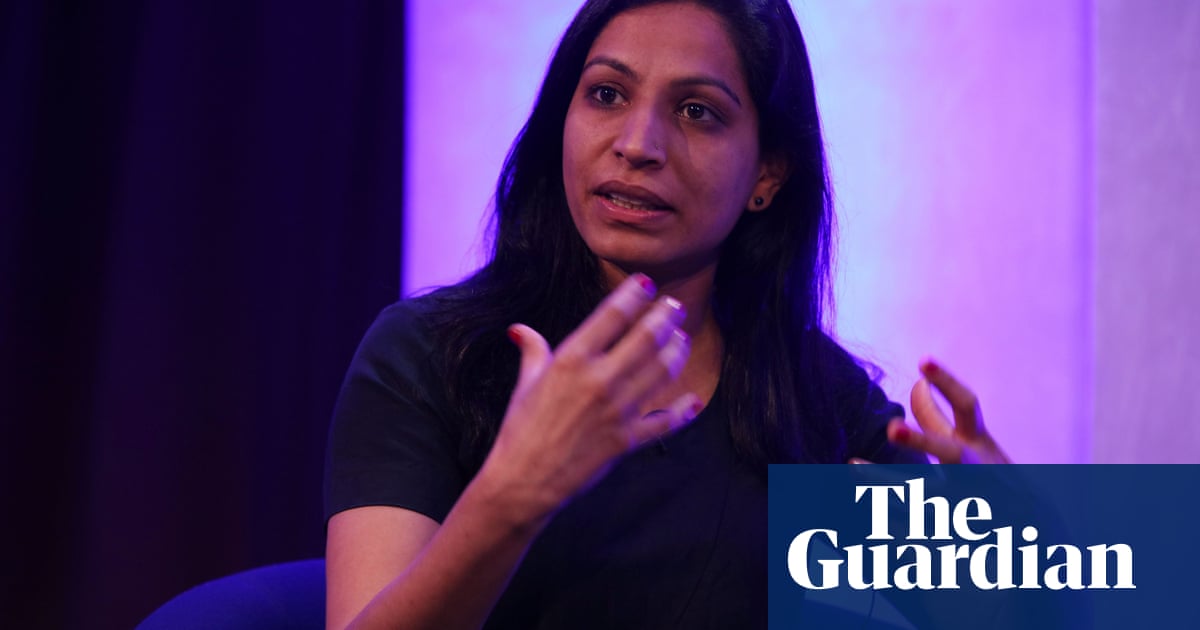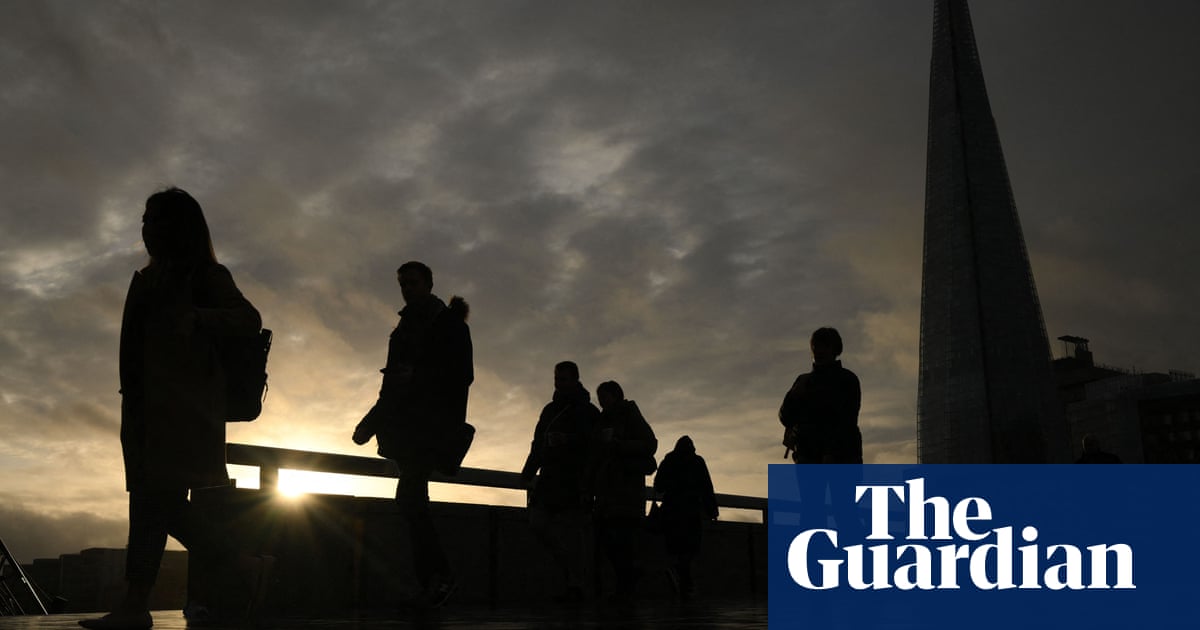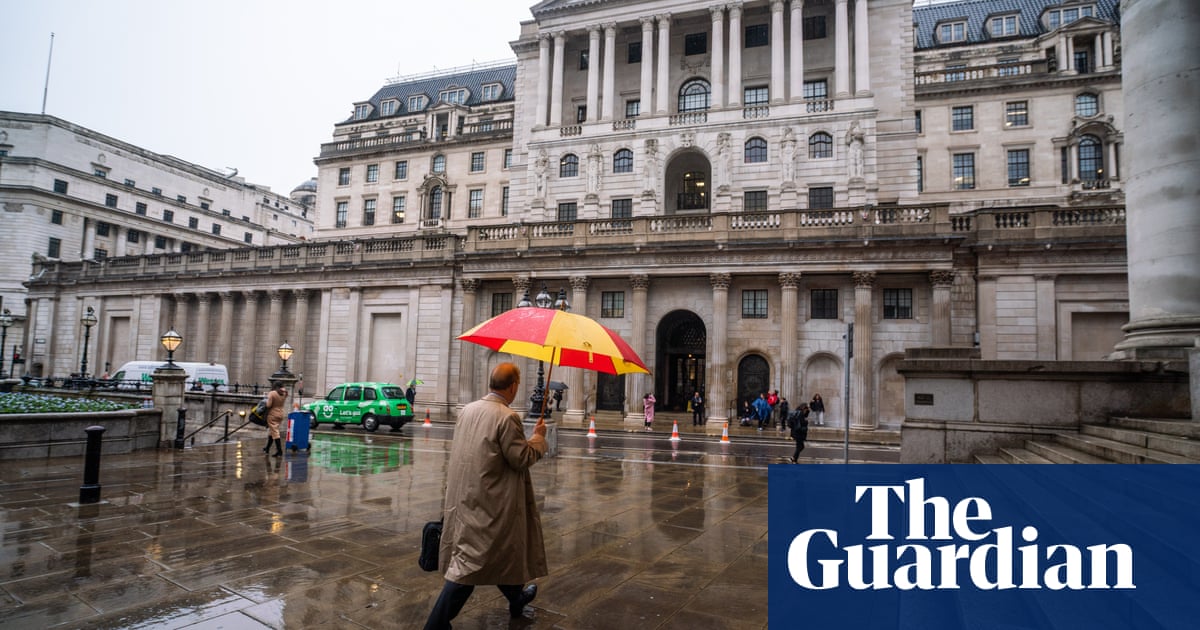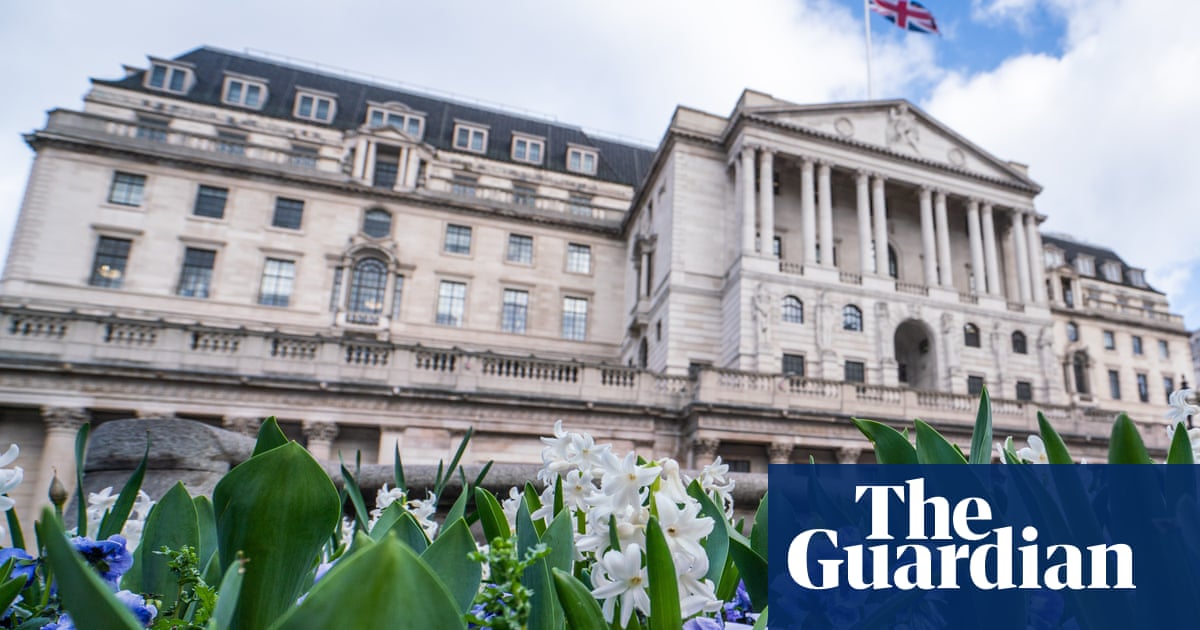
Interest rates set by the Bank of England are unlikely to rise above 5% as markets previously expected, a senior official has suggested, saying the hit to the economy from such a steep increase would be damaging.
One of the Bank’s deputy governors, Ben Broadbent, said the rise in rates priced in by markets – from 2.25% now to 5.25% over the coming months – was not a foregone conclusion and would deliver a “pretty material” hit to the economy.
In a speech at Imperial College London, shortly before Liz Truss’s resignation on Thursday afternoon, he said: “Whether official interest rates have to rise by quite as much as currently priced in financial markets remains to be seen.”
Financial markets began to reduce their forecasts for mortgage borrowing rates, which had leaped following the government’s tax-cutting mini-budget, immediately after Broadbent’s comments.
He said it was less clear how much pressure there would be on inflation after the government scrapped most of its tax cuts and the energy price cap was scaled back from two years to six months.
Truss’s new chancellor, Jeremy Hunt, is due to present a budget on 31 October that will set out the full scope of the government’s tax and spending policies to reassure financial markets.
Hunt, who took over from Truss’s first appointment to the Treasury brief, Kwasi Kwarteng, has said he will make spending cuts and tax rises to bring down debt and limit the impact of the budget on inflation. If the outlook for inflation as a result of the budget is lower than currently expected, interest rates would not have to rise as much.
Some analysts were sceptical that Broadbent’s speech would bring more than a short-term adjustment to rate expectations when the political situation remained volatile.
Walid Koudmani, chief market analyst at the currency trader XTB, added: “The statement by the deputy governor may provide some short-term relief, but as he stated himself, the Bank remains flexible and reactive to the need of further rate increases.
“Therefore, while this may be positive news for some, it may be difficult to assume that things will not change if the economic situation continues to worsen, particularly after recent record levels of inflation.”
Rising food prices pushed UK inflation to 10.1% in September, well above the Bank of England’s 2% target. The Bank has been raising interest rates since December last year in response to sharply higher prices.
Broadbent said the impact of a swift increase in rates would quadruple the impact of rate rises so far on the economy, causing a deeper recession than already forecast.
“If bank rate really were to reach 5.25%, given reasonable policy multipliers, the cumulative impact on GDP of the entire hiking cycle would be just under 5% – of which only around one quarter has already come through,” he said.
Investors reduced the likelihood of a full percentage-point interest rate increase by the Bank next month. They put a 17% chance on a one-point increase when the MPC next meets on 3 November, down from 25% earlier on Thursday. Instead, markets are betting on a 0.75-point increase to 3%.
A whole percentage-point rate increase was seen as a near certainty before Truss was forced to backtrack on her unfunded tax cut plans.
Uncertainty about the scale of the energy price cap plan that Hunt has said will run for only six months before being reviewed was another reason to be sceptical about raid rate rises above 5%, though Broadbent said: “We are unlikely to know for a while precisely the form that will take”.












